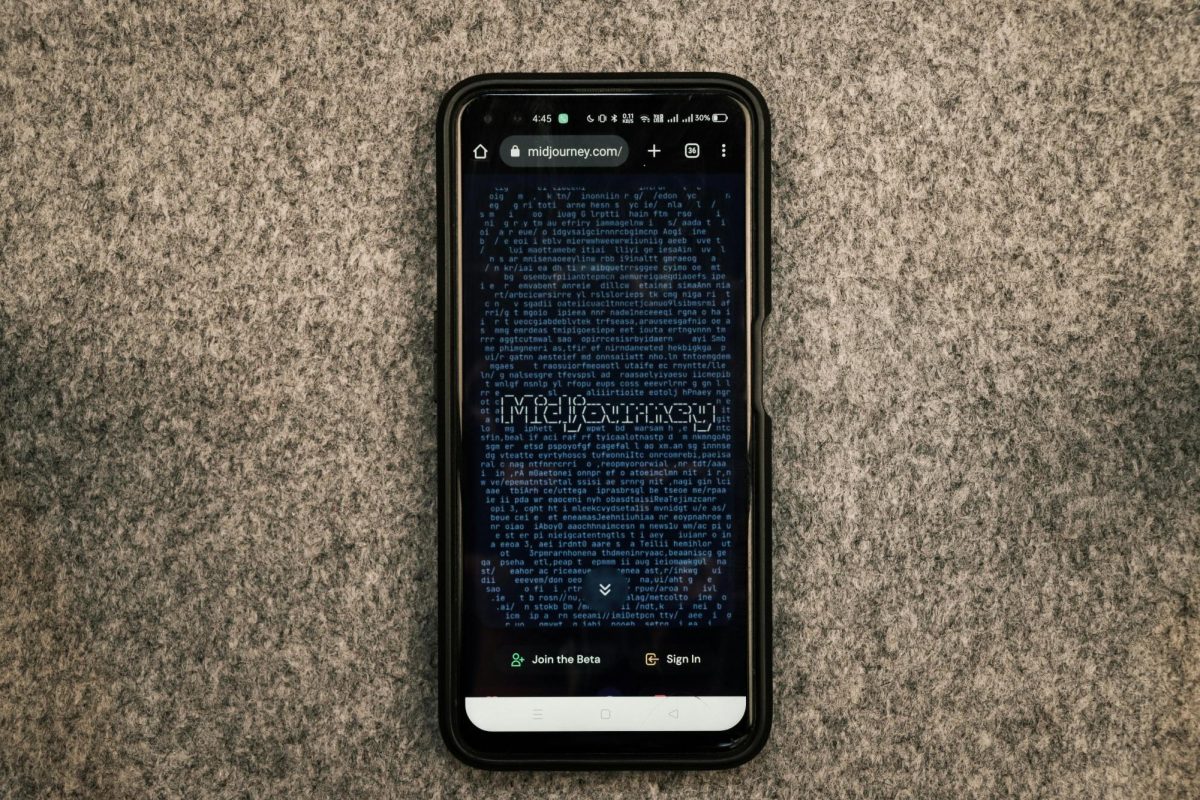Ask yourself a question: When was the last time that you sat down to read a hardcover novel as a leisure activity? Although you will probably be able to recall a novel from your recent memories, you might realize that books have lost their importance in your life. This is definitely true for myself. But avoid blaming yourself, as this is a part of a much larger societal trend in this country. In Test Prep Insight’s 2024 National Survey of over 1600 Americans, 48.5% of respondents say that they have not read any books for more than a year.
Printing was invented in China during the Tang Dynasty, and perfected much later by Johannes Gutenberg in 1440. Once implemented, this technology would change lives forever. The mass printing of books increased literacy rates throughout Renaissance Europe. Information spread that was previously only known by a few people. If one had the money, books at the time were revolutionary for anyone. Fast forward to the present day, and books for the most part can be found with ease, whether they are located in public libraries or on a forgotten dusty shelf in someone’s home.
There are many reasons why popularity for literature has dropped. First, there are more distractions in our lives than ever. Phone notifications, social media content, and the appealing idea of multitasking have prevented us from being able to just sit down and focus on reading a book. Streaming services and general digitalization connect people to the world in a way that novels cannot. For children, the educational system is in part to blame for this trend, as from a young age, many/ a majority of children lose interest in books after hours of endless worksheets. Research by the National Literacy Trust reveals that an astounding 56% of children ages 8-18 receive no pleasure from reading during free time. As of 2019, a mere 26% of this age group read everyday. But the most important reason why people are reading less is because books have succumbed to the entity of the Internet. A click on a computer or a scroll on a smartphone is much more appealing than picking up a book that may not have the answers to your questions.
Ok, books have been replaced by other forms of entertainment; so what? Well, there are risks worth mentioning. The spread of culture is at stake, as many stories carry out the job of helping others understand the diverse perspectives, values, and histories in this world. Reading books can help with memory, communication skills, and imagination. Taking the time to read a novel is also a great way to de-stress in the wild world we live in.
I’ll leave you with a simple question. Does the decline of book reading signal an evolution in society, or are we in danger of losing something irreplaceable?









